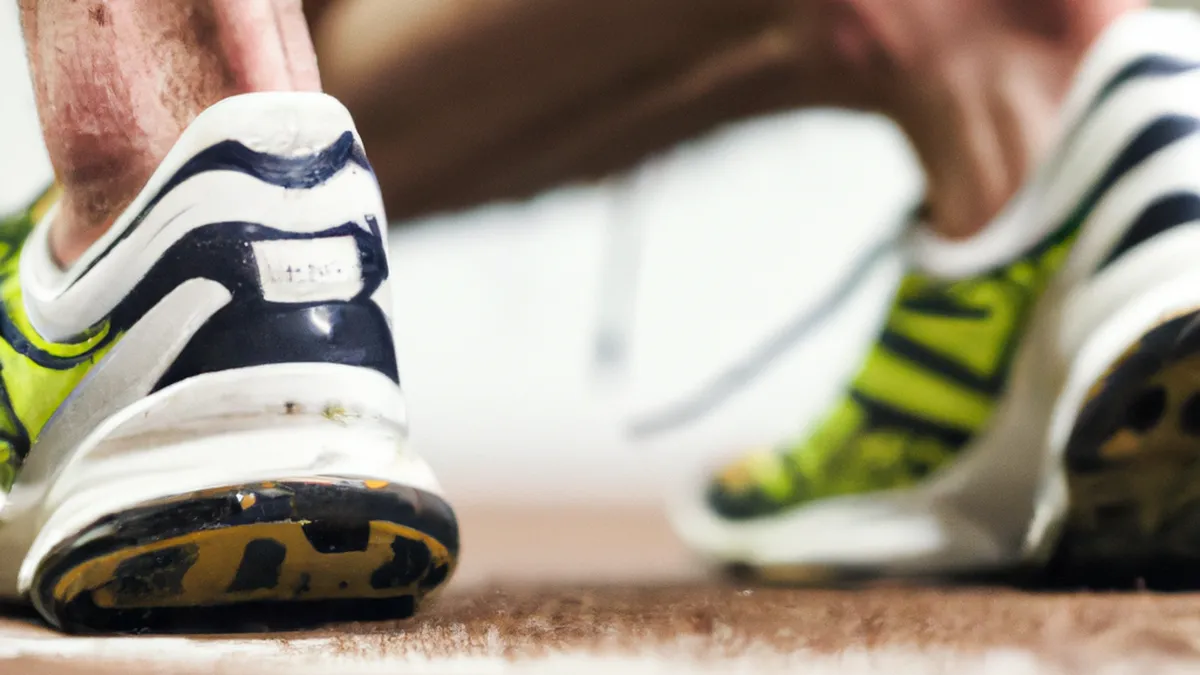Paint Your Path to Full Sports Return
Visualization Techniques for Injury ReturnInjuries frustrate and challenge athletes. They disrupt routines and instill uncertainty about physical capabilities. Visualization techniques aid recovery and enhance performance. Athletes mentally rehearse movements, build confidence, and foster positivity. This article explores effective visualization strategies for a successful injury return, improving mental and physical recovery.
Understanding Visualization
Visualization involves creating vivid images in your mind. Athletes use this technique to improve performance and prepare for competitions. The brain struggles to distinguish between real and imagined experiences. By mentally rehearsing movements, athletes train their minds and bodies without physical strain. Visualization simulates performance, especially beneficial during injury recovery.
Why Use Visualization?
Many athletes underestimate visualization’s potential. They often see it as a supplementary tool instead of a core training component. Numerous studies show visualization significantly improves recovery outcomes. Mental imagery reduces anxiety and boosts confidence, helping athletes regain control. This technique proves valuable when physical practice becomes impossible due to injury.Many elite performers credit part of their success to visualization. Mental rehearsal prepares them for competitions and helps manage stress. Visualization keeps athletes motivated, allowing them to envision peak performance during recovery.
Tips for Effective Visualization
As an Amazon Associate I earn from qualifying purchases.
Gear tip: consider kinesiology tape, compression wrap, and cold gel pack to support this topic.
Implementing visualization techniques requires focus and intention. Follow these practical tips to get started:
1. Create a Calm Environment
Choose a quiet space for concentration. Find a comfortable spot to sit or lie down without distractions. Close your eyes and breathe deeply to relax. A calm environment helps you focus on creating mental images and sensations related to your sport.
2. Be Specific
Specificity is crucial when visualizing. Imagine the details of your movements and focus on the exact motions required. For example, as a runner, visualize your stride, foot placement, and breathing. Include sensory details—what you see, hear, and feel. This immersive experience enhances visualization effectiveness.
3. Use Positive Affirmations
Incorporate positive affirmations into your routine. Phrases like “I am strong” or “I will recover” boost motivation and reinforce positivity. Repeat affirmations during visualization for greater impact.
Conclusion
Visualization techniques significantly aid injury recovery. Athletes can enhance their mental resilience and prepare for successful returns by applying these strategies.
Below are related products based on this post:
FAQ
What is visualization and how does it help athletes?
Visualization is the process of creating vivid mental images to improve performance and prepare for competitions. It helps athletes mentally rehearse movements, allowing them to train their minds and bodies without physical strain, which is especially beneficial during injury recovery.
Why is visualization considered a core training component?
Many athletes underestimate the power of visualization and view it as a supplementary tool. However, numerous studies indicate that visualization significantly improves recovery outcomes by reducing anxiety, boosting confidence, and helping athletes regain control during their rehabilitation process.
What are some tips for effective visualization?
To effectively implement visualization techniques, create a calm environment free from distractions, be specific in your mental imagery by focusing on detailed movements, and use positive affirmations to enhance motivation and reinforce a positive mindset during the visualization process.















Post Comment